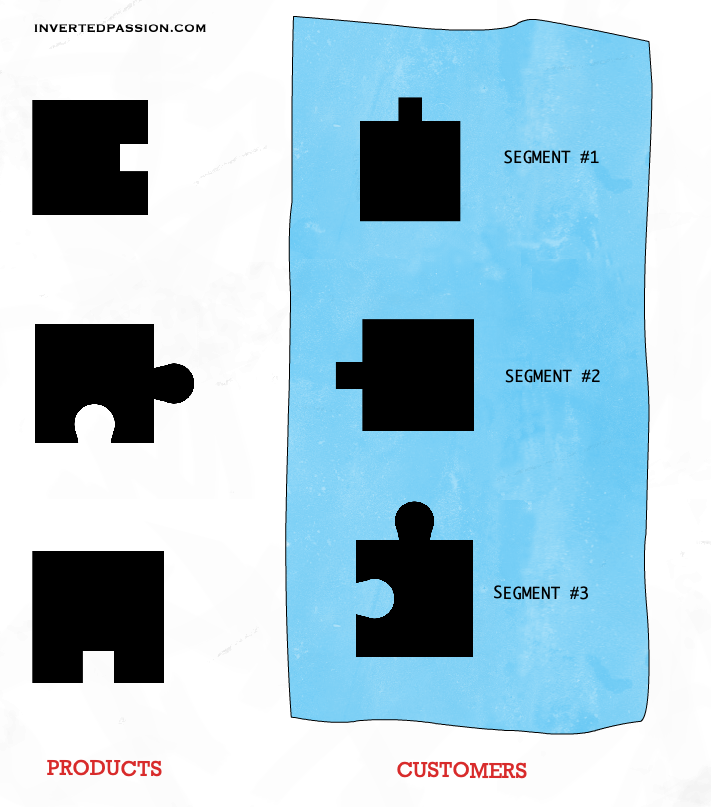
1/ I interviewed Micheal Corballis who is a professor at the University of Auckland.
He backs up the idea that languages evolved gradually and some version of it existed much before Homo Sapiens arrived on the scene.
🤯 Mind-blowing, isn't it?
Watch it:
He backs up the idea that languages evolved gradually and some version of it existed much before Homo Sapiens arrived on the scene.
🤯 Mind-blowing, isn't it?
Watch it:
2/ We cover a lot of ground in this interview.
With just 1 hour of investment, you'll get to 💡 learn all this.
Some of my key insights follow below in the 🧵 thread.
With just 1 hour of investment, you'll get to 💡 learn all this.
Some of my key insights follow below in the 🧵 thread.

3/ The popular linguist Noam Chomsky believes languages arrived suddenly once modern humans evolved.
However, nothing this complex can just suddenly arrive.
It must have evolved gradually. So the question is: in the case of language, what would be such gradual steps?
However, nothing this complex can just suddenly arrive.
It must have evolved gradually. So the question is: in the case of language, what would be such gradual steps?
4/ Even though language doesn't leave an archaeological record, a strong case could be made for gestural origins of language.
Our ancestors started talking to each other first via hand and body gestures.
Evidence: our close cousins - Gorillas - use a ton of gestures.
Our ancestors started talking to each other first via hand and body gestures.
Evidence: our close cousins - Gorillas - use a ton of gestures.

5/ In fact, the famous Gorilla Koko who learned to communicate with humans used gestures. …veryofinterestingthings.wordpress.com/2012/07/14/kok…
It seems talking in gestures is a proto-step towards full-blown language.
It seems talking in gestures is a proto-step towards full-blown language.

6/ Gestures have an amazing communicative capacity.
You'll be surprised to know that there are colleges like @gallaudetu where ONLY sign language is allowed to be used.
Even poetry is taught in sign language.
You'll be surprised to know that there are colleges like @gallaudetu where ONLY sign language is allowed to be used.
Even poetry is taught in sign language.
7/ And of course, sign language uses the same brain area that spoken language does.
To me, it's a very compelling argument that before we had full-blown language, we had gestures.
But how could we have understood what gestures meant?
To me, it's a very compelling argument that before we had full-blown language, we had gestures.
But how could we have understood what gestures meant?
8/ The same gesture could be interpreted in many different ways, so removing that ambiguity is important.
That's where mirror neurons come. These neurons in our mind mimic whatever we see.
That's where mirror neurons come. These neurons in our mind mimic whatever we see.
9/ So imagine if hunger causes an automatic gesture of touching stomach.
Mirror neurons ensure that whenever anyone else sees that gesture, they mentally simulate hunger as well.
In this way, arbitrary gestures gets grounded.
You need a theory of mind for languages to work.
Mirror neurons ensure that whenever anyone else sees that gesture, they mentally simulate hunger as well.
In this way, arbitrary gestures gets grounded.
You need a theory of mind for languages to work.
10/ Okay, so gestures were the first language.
How and why did modern languages evolve?
How and why did modern languages evolve?
11/ Gestures take a lot of energy/effort + when you're engaged in doing gestures you can't do anything else + gestures require sight and don't communicate far away.
Evolution loves constraints like these, so we gradually evolved to use primarily our faces for gestures.
Evolution loves constraints like these, so we gradually evolved to use primarily our faces for gestures.
12/ From face gestures to finally throat gestures, which is what language really is.
Vocal language travels far and frees up body to use tool and do other things.
But it's no wonder, facial expressions and body language still play a big role in communication.
It's historical.
Vocal language travels far and frees up body to use tool and do other things.
But it's no wonder, facial expressions and body language still play a big role in communication.
It's historical.
13/ Why do we have so many languages?
Here's something Micheal said that I did not expect at all.
Languages are like ciphers. Diversity prevents other groups from intercepting what your group is talking about.
Here's something Micheal said that I did not expect at all.
Languages are like ciphers. Diversity prevents other groups from intercepting what your group is talking about.
14/ It's a competitive advantage for you if your rival group can't understand your group's communication.
Mind blown! 💣
Mind blown! 💣
15/ I guess that's it.
Hope you enjoyed the podcast.
If you did, don't forget to 🖱️ subscribe to the channel.
Hope you enjoyed the podcast.
If you did, don't forget to 🖱️ subscribe to the channel.
• • •
Missing some Tweet in this thread? You can try to
force a refresh






